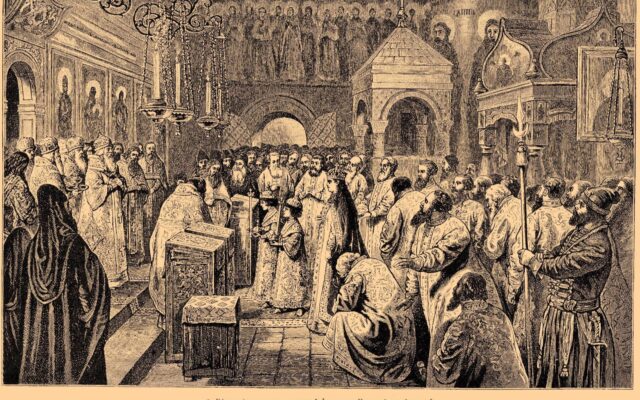In 1954, American anthropologist Robert B Edgerton started his research into the lives of people with learning disabilities who had left the Pacific State Hospital in Los Angeles to live in the community.
He celebrated the anthropologist’s “propensity to visit strange places where they study curious people and their still more curious customs” and wondered why this approach had not been taken in the “legitimate anthropological enterprise” of studying those with learning disabilities.
He struggled to find any study examining the everyday lives of people labelled “mentally retarded” but who lived independently of any sort of institution. He was struck by the total absence of testimonies from people themselves, although there were interviews with “parents, guardians, teachers, or employers”.
Edgerton recognised the value in understanding what the people themselves felt and thought and how they interpreted their experiences and interactions. He saw this attempt “to see these people in their own eyes and to hear them in their own words” as “the quintessence of the anthropological tradition”.
He was strongly critical of the then preferred option of internment in institutions, believing better options could be developed through understanding his subjects’ lived reality.
Former patients consciously worked to ‘pass’ in the outside world. To do so, they assumed a ‘cloak of competence’ to disguise any social shortcomings
He hoped this would increase knowledge of “mild retardation” in particular so that more appropriate, effective care and training could be devised.
Chosen for independence
The Pacific State Hospital ran a vocational training scheme that involved patients taking supervised work placements in the community, with a view to them eventually living independently.
Patients selected for this had higher IQs and were judged to possess greater “social competence” and emotional stability.
It was from this group that Edgerton and his team selected 48 subjects to interview and observe.
The outcome of what Edgerton called his “study of incompetence” was The Cloak of Competence, first published in 1967. At the time, his fellow anthropologist Walter Goldschmidt characterised it as a “most exotic journey” into the “land of the mentally retarded”.
More recently, Jan Walmsley and David O’Driscoll recognised it as “one of the most important books in the history of intellectual disability”.
The anthropological method of time-consuming, in-depth interviews meant that, for one of the first times, learning-disabled people told their own stories in their own words.
In these interviews, subjects had the opportunity to air their daily worries: how best to manage everything from sex and relationships to work and free time. They also allowed the 44 of the 48 subjects who had been sterilised before release the chance to reflect on how this had impacted their lives and relationships on the outside.
Edgerton found that the stigma of having spent time in an institution and been labelled “retarded” meant that the former patients consciously worked to “pass” in the outside world and hide their past lives and diagnoses.
To do so, they were forced to assume what he called a “cloak of competence” to disguise any social shortcomings, regardless of whether these were due to an actual learning disability or simply the result of years of institutionalisation and lack of education.
Edgerton’s work is not without its critics. His subjects’ words are still filtered through Edgerton’s analysis, and often framed in stigmatising language and concepts.
Similarly, while he appreciated “mental retardation” was a broad, vague label, he did not challenge its use and claimed attempts by subjects to push back against their diagnoses were a form of “denial”.
Nevertheless, giving these ex-patients a platform and offer a glimpse into the reality of their day-to-day lives was groundbreaking.
Edgerton told his subjects that he hoped the study would help people like them in the future. Ultimately, he wanted his readers to feel as they would after reading any ethnography – “how like us they are after all”.
Further reading
Edgerton R. The Cloak of Competence: Stigma in the Lives of the Mentally Retarded. University of California Press; 1967
O’Driscoll D, Walmsley J. Celebrating a classic text: The Cloak of Competence revisited. Learning Disability Practice. 20 September 2018





